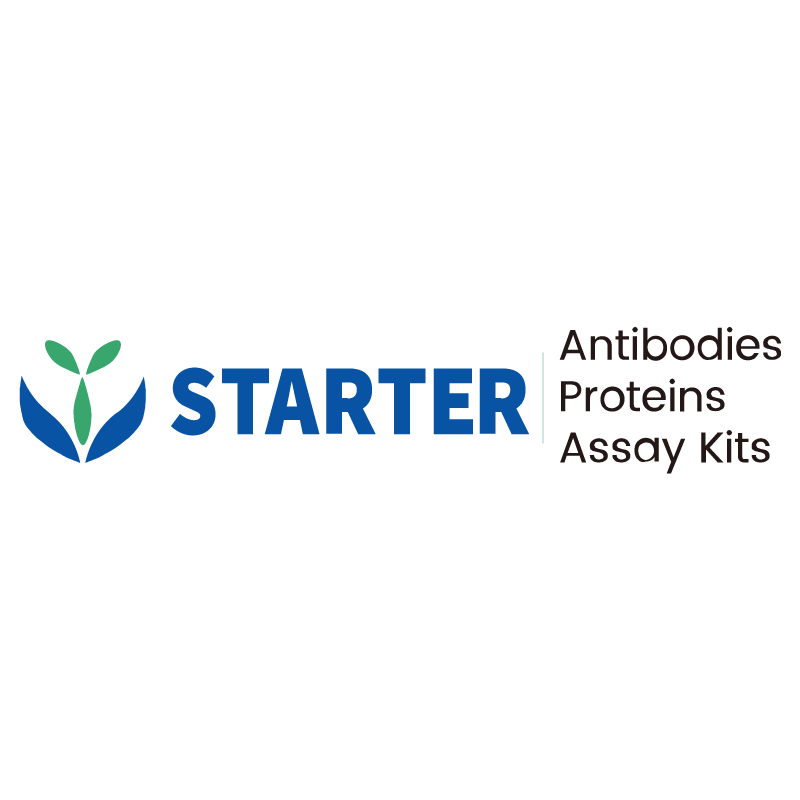Product Details
Product Details
Product Specification
| Host | Rabbit |
| Antigen | PTH |
| Synonyms | Parathyroid Hormone |
| Immunogen | Synthetic Peptide |
| Accession | P01270 |
| Clone Number | SDT-408-29 |
| Antibody Type | Recombinant mAb |
| Application | CLIA, Sandwich ELISA |
| Reactivity | Hu |
| Purification | Protein A |
| Concentration | 2 mg/ml |
| Purity | >95% by HPLC |
| Conjugation | Unconjugated |
| Physical Appearance | Liquid |
| Storage Buffer | PBS pH7.4, 0.03% Proclin 300 |
| Stability & Storage | 12 months from date of receipt / reconstitution, 2 to 8 °C as supplied |
Dilution
| application | dilution | species |
| Sandwich ELISA | N/A |
Background
Parathyroid hormone (PTH), also called parathormone or parathyrin, is a peptide hormone secreted by the parathyroid glands that regulates the serum calcium concentration through its effects on bone, kidney, and intestine. PTH influences bone remodeling, which is an ongoing process in which bone tissue is alternately resorbed and rebuilt over time. PTH is secreted in response to low blood serum calcium (Ca2+) levels. PTH indirectly stimulates osteoclast activity within the bone matrix (osteon), in an effort to release more ionic calcium (Ca2+) into the blood to elevate a low serum calcium level. The bones act as a (metaphorical) "bank of calcium" from which the body can make "withdrawals" as needed to keep the amount of calcium in the blood at appropriate levels despite the ever-present challenges of metabolism, stress, and nutritional variations. PTH is "a key that unlocks the bank vault" to remove the calcium. PTH is secreted primarily by the chief cells of the parathyroid glands. The gene for PTH is located on chromosome 11. It is a polypeptide containing 84 amino acids, which is a prohormone. It has a molecular mass around 9500 Da. Its action is opposed by the hormone calcitonin. PTH is an important regulator of calcium and phosphate homeostasis and bone remodeling. Its measurement is important for three different purposes. The first is the diagnostic workup of hypocalcemia and hypercalcemia. In patients with hypercalcemia, PTH differentiates between hyperparathyroidism, in which PTH is abnormally high compared with what would be expected with regard to the calcium concentration, and other causes of hypercalcemia, in which PTH is low. The second is the analysis of secondary hyperparathyroidism (SHPT), in which PTH concentrations are elevated because of hypocalcemia, hyperphosphatemia, or vitamin D deficiency. SHPT may develop in patients with chronic kidney disease (CKD) and in patients who have undergone bariatric surgery. These patients are likely to develop various degrees of metabolic bone disease (MBD). To date, the best available hormonal parameter to detect metabolic bone disease is PTH. Therefore all guidelines related to those conditions recommend measurement of PTH to monitor development and degree of MBD. Third, PTH measurements are performed during and after parathyroid and thyroid surgery (PMID: 31081903).
Picture
Picture
Paired Recommendations


